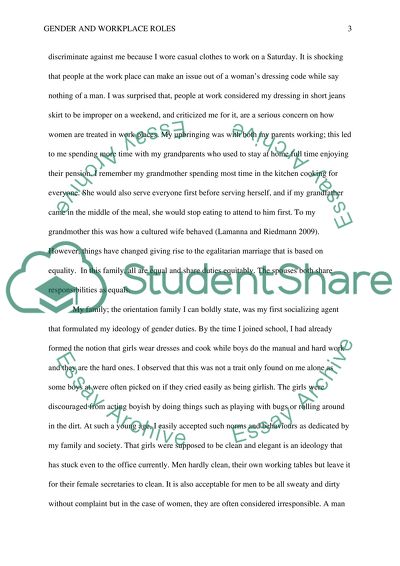Cite this document
(“Gender and Workplace Roles Essay Example | Topics and Well Written Essays - 2250 words”, n.d.)
Retrieved from https://studentshare.org/sociology/1448239-both-socilization-into-the-family-of-orientation
Retrieved from https://studentshare.org/sociology/1448239-both-socilization-into-the-family-of-orientation
(Gender and Workplace Roles Essay Example | Topics and Well Written Essays - 2250 Words)
https://studentshare.org/sociology/1448239-both-socilization-into-the-family-of-orientation.
https://studentshare.org/sociology/1448239-both-socilization-into-the-family-of-orientation.
“Gender and Workplace Roles Essay Example | Topics and Well Written Essays - 2250 Words”, n.d. https://studentshare.org/sociology/1448239-both-socilization-into-the-family-of-orientation.


